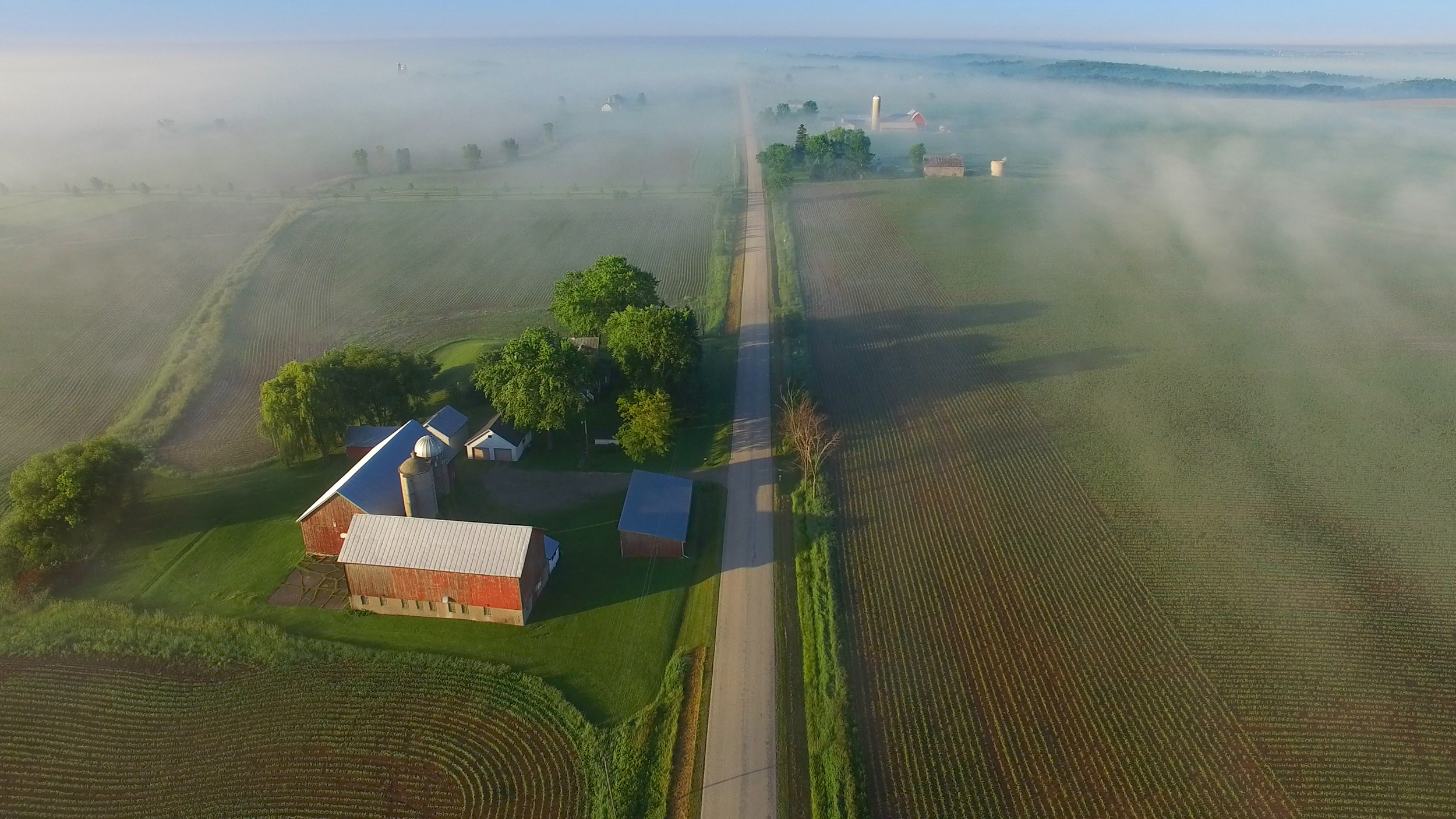FCC Authorizes First $311M in RDOF Funding
Charter Fiberlink, Time Warner Cable among those defaulting on some bids

The smarter way to stay on top of the multichannel video marketplace. Sign up below.
You are now subscribed
Your newsletter sign-up was successful
The FCC said Monday (July 26) that it is prepared to authorize over $311 million in winning bid broadband funding to 36 states from its Rural Digital Opportunity Fund (RDOF) Auction. The auction allocated $9.2 billion for rural broadband buildouts over the next 10 years.
The FCC also released a list of winning bids now in default and totaling thousands of locations and tens of millions of dollars, including defaults by Charter Fiberlink of some of its bids, as well as co-owned Time Warner Cable.
The FCC said those defaulted winning bid areas would immediately become eligible for other broadband funding--the Biden Administration has given out billions of dollars in state and local broadband deployment grants, for example.
Charter won the most locations at just over one million of the 5.2 million locations. Bidders won $9.2 billion of an available $16 billion, with the rest to be rolled over into Phase II, which will now have over $11 billion.
Carriers bid on how economically they could deliver service that meets FCC speed and build-out metrics. The money is for fixed voice and broadband service to unserved, high-cost, areas at speeds of at least 25/3 Mbps.
The FCC said the defaults were a mix of winning bidders who had told the FCC they did not intend to pursue some or all of their winning bids, and those who had assigned their winning bids to related entities, which had told the FCC they did not intend to pursue the bids.
The FCC also said that the defaulting bidders would be subject to "enforcement penalties as warranted" and the defaults are being referred to the Enforcement Bureau.
The smarter way to stay on top of the multichannel video marketplace. Sign up below.
Acting FCC Chairwoman Jessica Rosenworcel called the $311 million a "significant down payment" on broadband deployment, in this case closing the rural digital divide.
The FCC also said it had sent letters to a number of bidders following complaints that the program was about to fund broadband to parking lots and well-served urban areas. The letters gave the bidders a chance to withdraw their funding requests "from those places already with service or where significant questions of waste have been raised."
The FCC said that it wanted to make it clear that "it will not tolerate any provider participating in the program that is not serious about providing broadband service or has not made appropriate efforts to secure state approvals. To this end, the FCC rejected requests from AB Indiana in Florida and LTD Broadband in California, Oklahoma, and Kansas to waive program deadlines, in light of their failure to act in a timely way to seek state certification.
"[W]e are refocusing the program on unserved areas and putting winning bidders on notice of their obligation to ensure that support goes to the areas that need it," said a tough talking Rosenworcel. "And for those applicants who are dragging their feet or can’t meet their obligations, follow the rules or we will disqualify you and move on.”
The funding has buildout requirements, including reaching all assigned locations completed by the end of year six, but incentives to build out all locations ASAP.
Charter had not returned a request for comment on the defaults at press time.
“The Competitive Carriers Association applauds the FCC’s decision to send letters to 197 RDOF winners based on CCA’s study showing that the RDOF program was poised to misdirect scarce rural broadband funding to wealthy urban areas," said CCA President Steven K. Berry. "The FCC’s actions will help ensure that genuinely unserved areas are the ultimate target of much needed resources for rural America. As we have seen, it is difficult to determine coverage areas without reliable maps, and this is an important step to ensure the integrity of the RDOF program.”
Contributing editor John Eggerton has been an editor and/or writer on media regulation, legislation and policy for over four decades, including covering the FCC, FTC, Congress, the major media trade associations, and the federal courts. In addition to Multichannel News and Broadcasting + Cable, his work has appeared in Radio World, TV Technology, TV Fax, This Week in Consumer Electronics, Variety and the Encyclopedia Britannica.

